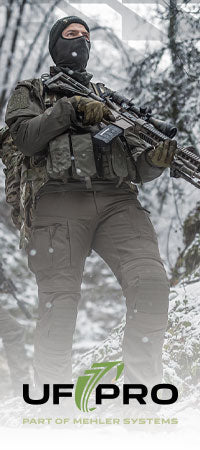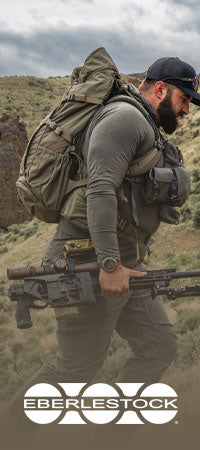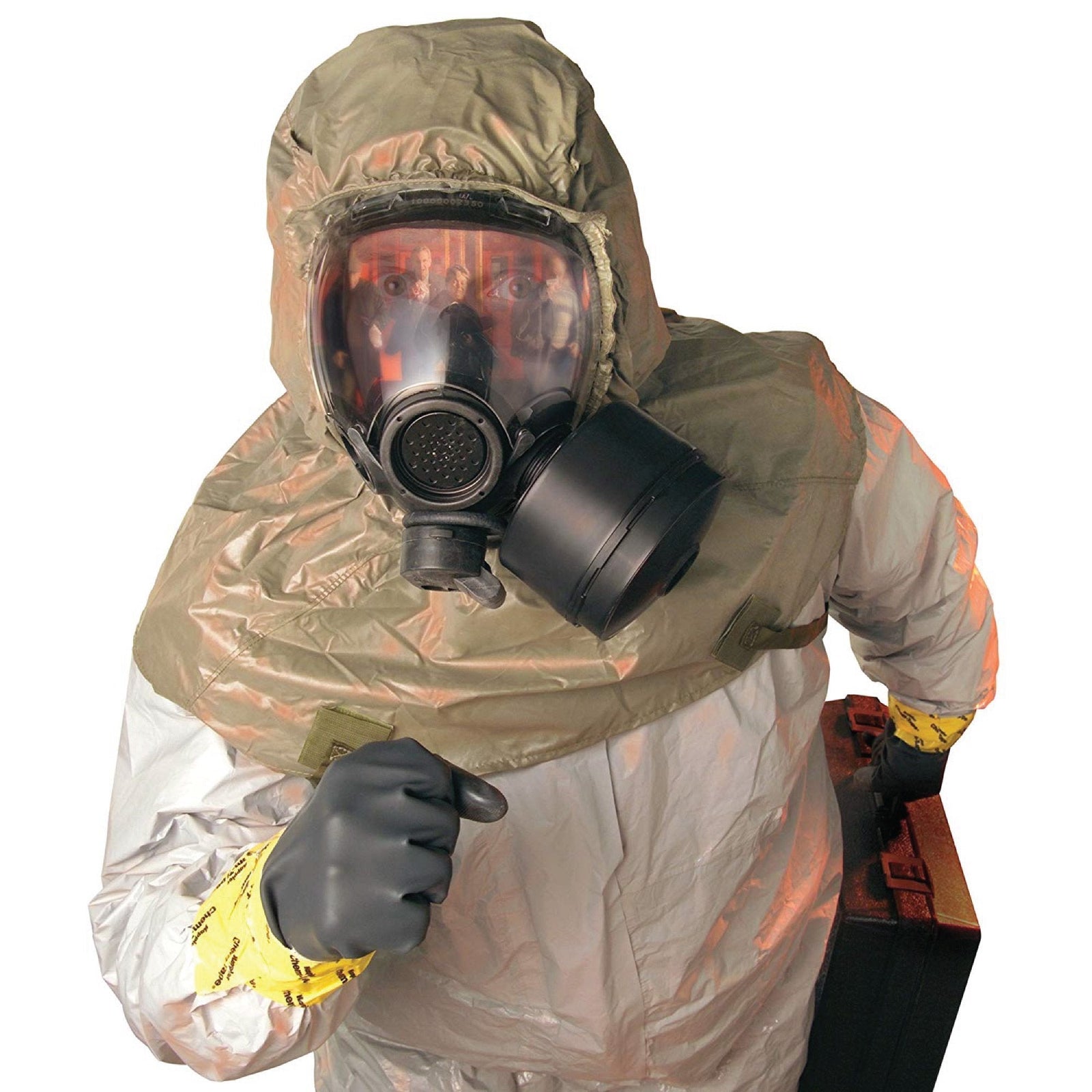Free Shipping on All Orders $299+
Menu
-
- New Arrivals
-
Brands
-
Categories
- CLOTHING & APPAREL
- BAGS, PACKS & CASES
- Crime Scene Investigation
- Duty Gear and Pouches
- Eyewear
- First Aid and Medical
- Flashlights and Lighting
- Footwear
- Gloves
- Handcuffs and Restraints
- Holsters
- Hydration
- Knives
- Morale Patches
- Multi Tools
- Optics
- Outdoor and Survival
- Pens, Notebooks and Stationery
- Protective Gear
- Tactical Gear
- Training Gear
- Watches
- Deals
- Retail Store
- Government Solutions
- Info
-
- +61 1300 896001
- Login

Free Shipping on All Orders $299+
Brands
- 221B Tactical
- 3M Peltor
- 5.11 Tactical
- 5ive Star Gear
- Adventure Medical Kits
- Accusharp Knife Sharpeners
- Aker Leather
- Armadillo Riot Shields
- Arrowhead Forensics
- ASP
- AXIL
- Bianchi
- Blackhawk
- Bodicam
- Blade-Tech Holsters
- Breakthrough Clean Technologies
- Camelbak
- CodeRed
- Condor Outdoor
- Damascus Protective Gear
- Earmor
- Eberlestock
- EO Tech
- ESS Eye Safety Systems
- EVI-PAQ
- Evolution Gear Australia
- Fenix Flashlights
- Fisher Space Pens
- FoxFury Tactical Lights
- Garrett
- Ghost Holster
- Grangers
- Hatch Gloves
- Haven Gear
- Hazard 4
- Helikon-Tex
- Heroclip
- Hex Armor
- Holosun Optics
- Hoppe's Guncare
- HWI Gear
- Hydrapak
- Inova Flashlights
- KeyBak Retractable Reels
- Keysmart
- KORE Essentials
- Lansky Sharpeners
- Leatherman
- Ledlenser
- Leupold Optics
- Luminox
- Maglite Flashlights
- Magnum Footwear
- Magpul
- Mantis
- Mark Pro Gear
- Maxpedition
- Mechanix Wear
- Merrell Tactical
- MIRA Safety
- Modestone
- MOHOC
- Monadnock
- MRE Star
- MSA Safety
- Nightstick Flashlights
- Night Fision
- Nitecore Flashlights
- Nite-Ize
- Notch
- Olight Flashlights
- On Track Meals
- Overboard Dry Bags
- Pelican Products
- Pentagon Tactical
- Plano
- PPSS Stab Resistant Vests
- Princeton Tec
- Propper Clothing and Apparel
- Punch Equipment
- Quiqlite Handsfree Lighting
- Rapid Assault Tools
- Raptor Tactical
- Real Avid
- Reebok Tactical Boots
- ResQme
- Revision Military
- Ringers Gloves
- Rite-In-The-Rain
- Ruhl Tech Breaching
- Scorpion Riot Equipment
- SET Breaching
- Silva
- Sirchie
- SHOKZ
- SlashPRO Clothing
- SLNT
- Smith and Wesson
- SOG Knives
- SORDIN Hearing Protection
- Spartan Training Gear
- Spyderco Knives
- Stealth Gear Holsters
- Streamlight Flashlights
- Steiner Optics
- SureFire
- Survive Outdoors Longer
- Tactical Targets
- Tasmanian Tiger
- Tatonka
- Trijicon
- UF PRO
- Ultimate Carry Solutions
- Uncle Mikes
- Under Armour Tactical
- Ventura Tactical Systems
- VERTX
- VIKTOS
- VMI Security
- Voodoo Tactical
- Warrior Medical
- Wiley X
- Zak Tool
- Zan Headgear
- Zero9 Solutions
- ZETTACUT
- 221B Tactical
- 3M Peltor
- 5.11 Tactical
- 5ive Star Gear
- Adventure Medical Kits
- Accusharp Knife Sharpeners
- Aker Leather
- Armadillo Riot Shields
- Arrowhead Forensics
- ASP
- AXIL
- Bianchi
- Blackhawk
- Bodicam
- Blade-Tech Holsters
- Breakthrough Clean Technologies
- Camelbak
- CodeRed
- Condor Outdoor
- Damascus Protective Gear
- Earmor
- Eberlestock
- EO Tech
- ESS Eye Safety Systems
- EVI-PAQ
- Evolution Gear Australia
- Fenix Flashlights
- Fisher Space Pens
- FoxFury Tactical Lights
- Garrett
- Ghost Holster
- Grangers
- Hatch Gloves
- Haven Gear
- Hazard 4
- Helikon-Tex
- Heroclip
- Hex Armor
- Holosun Optics
- Hoppe's Guncare
- HWI Gear
- Hydrapak
- Inova Flashlights
- KeyBak Retractable Reels
- Keysmart
- KORE Essentials
- Lansky Sharpeners
- Leatherman
- Ledlenser
- Leupold Optics
- Luminox
- Maglite Flashlights
- Magnum Footwear
- Magpul
- Mantis
- Mark Pro Gear
- Maxpedition
- Mechanix Wear
- Merrell Tactical
- MIRA Safety
- Modestone
- MOHOC
- Monadnock
- MRE Star
- MSA Safety
- Nightstick Flashlights
- Night Fision
- Nitecore Flashlights
- Nite-Ize
- Notch
- Olight Flashlights
- On Track Meals
- Overboard Dry Bags
- Pelican Products
- Pentagon Tactical
- Plano
- PPSS Stab Resistant Vests
- Princeton Tec
- Propper Clothing and Apparel
- Punch Equipment
- Quiqlite Handsfree Lighting
- Rapid Assault Tools
- Raptor Tactical
- Real Avid
- Reebok Tactical Boots
- ResQme
- Revision Military
- Ringers Gloves
- Rite-In-The-Rain
- Ruhl Tech Breaching
- Scorpion Riot Equipment
- SET Breaching
- Silva
- Sirchie
- SHOKZ
- SlashPRO Clothing
- SLNT
- Smith and Wesson
- SOG Knives
- SORDIN Hearing Protection
- Spartan Training Gear
- Spyderco Knives
- Stealth Gear Holsters
- Streamlight Flashlights
- Steiner Optics
- SureFire
- Survive Outdoors Longer
- Tactical Targets
- Tasmanian Tiger
- Tatonka
- Trijicon
- UF PRO
- Ultimate Carry Solutions
- Uncle Mikes
- Under Armour Tactical
- Ventura Tactical Systems
- VERTX
- VIKTOS
- VMI Security
- Voodoo Tactical
- Warrior Medical
- Wiley X
- Zak Tool
- Zan Headgear
- Zero9 Solutions
- ZETTACUT
Featured Brands








10051286
MSA Millennium CBRN Gas Mask
Sizing Chart - How to Find your Correct Size
Mechanix Wear Gloves Sizing Chart
5.11 Tactical Clothing and Footwear Sizing Chart Guide
Condor Outdoor Clothing and Apparel Sizing Guide
Hazard 4 Clothing Sizing Chart
Footwear Sizing Chart and Guide
Merrell Tactical Footwear Sizing Guide
Milspec / Rothco Sizing Charts
Pentagon Tactical Sizing Chart
PPSS Stab and Impact Resistant Vest Sizing Guide
Safariland Hatch Glove Sizing Chart
Headwear, Hats and Boonies Sizing Chart
For clothing use standard sizes
Question regarding sizes, need help? contact our team
Shipping & Returns
Tactical distributors Pty Ltd (Tactical Gear) ships from various warehouses throughout Australia and the United States. Shipping timelines are specified on each product page.
The MSA Millenium combines high performance, customized fit, comfort and cost efficiency in a version of the reliable military-style gas mask (MCU-2/P) used by the U.S. Air Force in Operation Desert Storm.
A flexible, one-piece polyurethane lens with a wide field of vision is bonded to the durable Hycar rubber facepiece. A drinking tube provides connection for fluid ingestion in contaminated atmospheres. An internal nose cup with two check valves deflects air from the lens and reduces fogging. A fully elastic, six-point head harness promotes easy on/off and adjustment, with no hair pulling. A standard mechanical speaking diaphragm is included, or MSA s optional ESP® II communications system can be added. A butyl-coated nylon hood is available for total head protection.
The dual-canister mount allows weapon sighting from either shoulder. The CBRN canister contains chemical sorbents and a P100 filter to attract, retain and neutralize contaminants. The Millennium CBRN gas mask is designed to be used as a system, and while the thread and gasket meet the specifications of the standard, only MSA-manufactured components are tested and certified as assemblies.
Note: Cartridges must be purchased separately.
Defining the CBRN threat… CBRN encompasses Chemical, Biological, Radiological and Nuclear agents – airborne hazards which could be used as weapons in a terrorist attack.
Chemical agents include cyanide, mustard gas, ricin, sarin and VX, each of which represents multiple sources of physical distress, some leading even to death. Certain chemical agents attack the central nervous system, disabling the body’s ability to control its functions and permitting muscles and organs to work themselves to death. Others attack the skin and mucous membranes on contact, causing severe blistering.
Biological agents include anthrax, botulism and smallpox. These agents are bacteria or viruses endangering the life and health of organisms, specifically human beings. Some multiply within the body to release toxins into the blood, others paralyze muscles, still others are severe and contagious viral infections.
Radiological and Nuclear threats include “dirty bombs,” or radiological dispersal devices combining conventional explosives like dynamite with radioactive materials in the form of powder or pellets. Classic nuclear hazards are those associated with the aftermath of detonation of a nuclear device. Radiation cannot be seen, smelled, felt or tasted by humans.
MSA Millennium CBRN Gas Mask Features
- Flexible, 1-piece polyurethane lens with wide field of vision is bonded to durable Hycar rubber facepiece
- Dual-canister mount allows weapon sighting from either shoulder
- Drinking tube provides connection for fluid ingestion in contaminated atmospheres
- Fully elastic, 6-point head harness promotes easy on/off and adjustment, with no hair pulling
- Internal nose cup with 2 check valves, deflects air from the lens, reduces fogging
- CBRN canister containing chemical sorbents and a P100 filter to attract, retain and neutralize contaminants
- Standard mechanical speaking diaphragm included, or add MSA's optional ESPII Communications System
- Optional butyl-coated nylon hood for total head protection
- NIOSH-approved for protection at a CBRN Cap 1 rating
- NIOSH CBRN Approved NTOA Member Tested and Recommended
Applications
- Domestic Preparedness
- Riot and Disturbance Control
- CBRN Incidents
- Tear Gas
Sizing Guide
- Small: Fits people with below average size head/face
- Medium: Fits people with average size head/face (will fit 90% of customers)
- Large: Fits people with above average size head/face